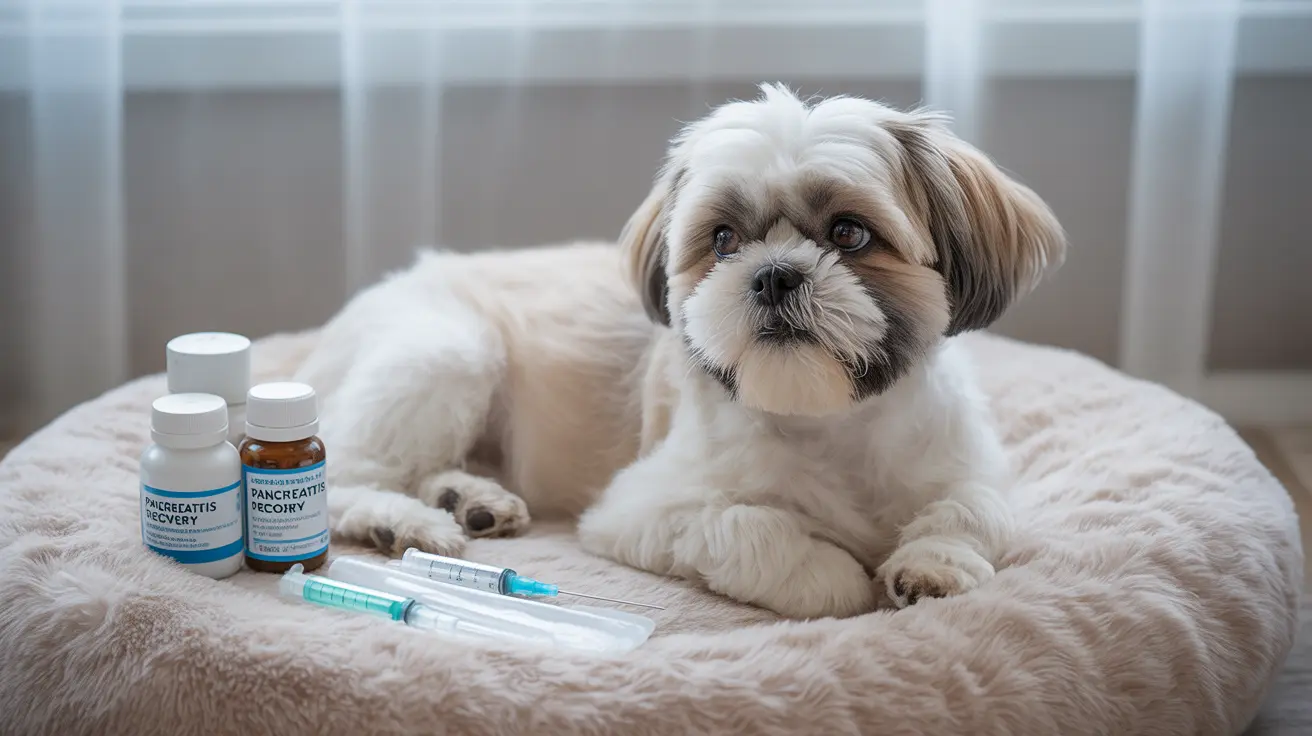Understanding Canine Pancreatitis and Recovery Expectations
Pancreatitis in dogs can range from mild to severe, with recovery times varying significantly based on the condition's severity and how quickly treatment begins. Most mild cases show improvement within 2-5 days of treatment, while severe cases may require several weeks of intensive care and monitoring.
Factors Affecting Recovery Duration
Severity of the Condition
The intensity of pancreatic inflammation directly impacts recovery time. Mild cases typically resolve faster, while severe cases with organ complications require extended treatment periods.
Speed of Diagnosis and Treatment
Early detection and prompt medical intervention significantly improve recovery outcomes. Dogs receiving immediate care often experience shorter recovery periods and better overall prognosis.
Pre-existing Health Conditions
Dogs with underlying health issues like diabetes or obesity may face longer recovery times and require more comprehensive treatment approaches.
Treatment Protocols for Optimal Recovery
Immediate Medical Care
- Intravenous fluid therapy to prevent dehydration
- Pain management medications
- Anti-nausea medications
- Careful monitoring of vital signs
Dietary Management
- Low-fat, easily digestible food
- Small, frequent meals
- Gradual reintroduction of food after initial treatment
- Specialized veterinary diets when necessary
Post-Treatment Care and Monitoring
- Regular veterinary check-ups
- Strict dietary adherence
- Medication management
- Activity level monitoring
- Weight management
Prevention of Recurrence
- Maintaining a consistent, low-fat diet
- Avoiding table scraps and high-fat treats
- Regular exercise appropriate to the dog's condition
- Routine health screenings
Frequently Asked Questions
How long does it typically take for a dog to recover from pancreatitis?
Most mild cases show improvement within 2-5 days and full recovery within 1-2 weeks. Severe cases may take several weeks to months for complete recovery.
What factors influence the recovery time of canine pancreatitis?
Recovery time depends on the severity of inflammation, speed of treatment initiation, underlying health conditions, age of the dog, and adherence to treatment protocols.
What are the best treatments to speed up recovery from pancreatitis in dogs?
Optimal recovery involves prompt veterinary care, appropriate fluid therapy, pain management, proper nutrition, and careful monitoring. Following the prescribed treatment plan precisely is essential.
How should I manage my dog's diet during and after pancreatitis recovery?
Feed small, frequent meals of low-fat, easily digestible food. Follow your veterinarian's dietary recommendations strictly, and avoid fatty treats or table scraps.
Can dogs fully recover from severe or chronic pancreatitis, and what are the chances of recurrence?
Most dogs can recover fully from acute pancreatitis with proper treatment. However, chronic cases require ongoing management. The risk of recurrence can be minimized through proper diet and lifestyle management.
Conclusion
While pancreatitis recovery can be challenging, most dogs respond well to proper treatment and care. Success depends on early intervention, appropriate medical care, and dedicated follow-through with recommended treatment protocols. By understanding the recovery process and maintaining vigilant care, you can help your dog return to health and prevent future episodes.






